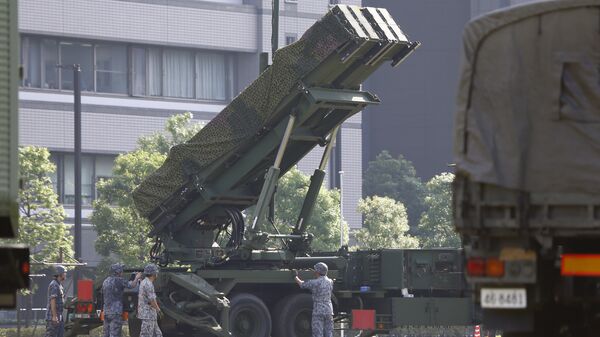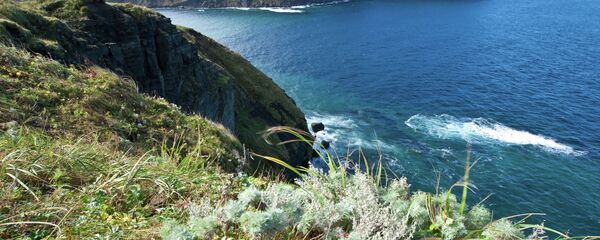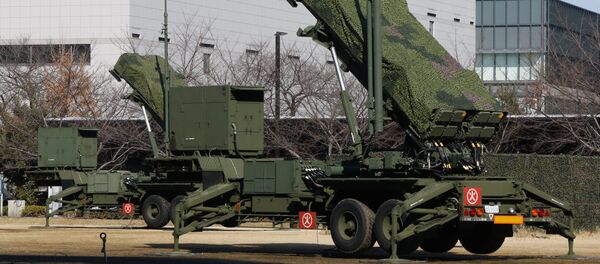According to Article 5 of the Japan-US security treaty, the US is allowed to station its troops in any area administered by Japan.
The Kuril Islands became an essential part of Russia after Japan's defeat in World War II under the San Francisco Peace Treaty of 1951, and since then they have been a bone of contention between the two countries preventing them from signing the peace treaty to formally end the war. Tokyo insists that the four southernmost islands should be returned to its control.
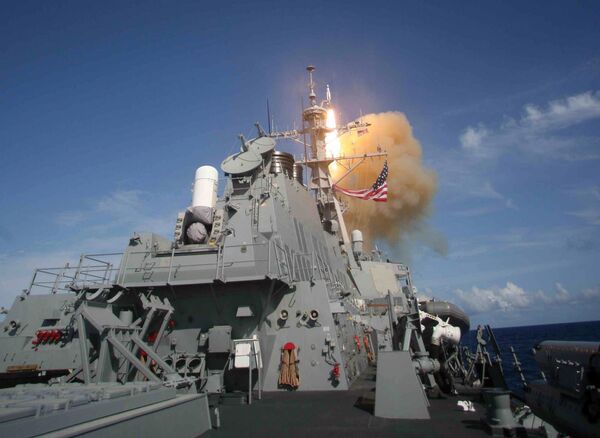
The latest statement by Japanese senior officials is of particular importance, given that it came ahead of the upcoming visit by Russian President Vladimir Putin to Japan, according to Sputnik Japan columnist Andrey Ilyashenko.
"When discussing the peace treaty, Russia should focus on the current aspects of security on its Far Eastern borders, including the problem of the missile defense system, rather than discuss the hypothetical situation that may occur in the event of a compromise on the territorial issue," Ilyashenko said.
He recalled that in late October, Russian Deputy Defense Minister Anatoly Antonov expressed concern about Tokyo's involvement in the deployment of US missile defense in the Asia-Pacific region.
The Russian Defense Ministry is specifically concerned about the fact that since the mid-2000s, Japan and the United States have been engaged in testing a missile interceptor designed with the help of Japanese technology, as well as in a test of America's Standard SM-3 missile and the AEGIS missile defense system.
Speaking at the Valdai Discussion Club meeting last month, President Putin noted that "seeking to change the strategic balance in its favor, Washington broke the international legal prohibition on the deployment of the new missile defense systems."
"Such an approach coincides with China's position on the matter. Both Moscow and Beijing see the build-up of missile defenses in the region as a threat to their nuclear deterrence potential," Ilyashenko said.
Of course, he added, Russia shares Japan's serious concerns over North Korea's missile and nuclear program, which Moscow insists should be scrapped.
At the same time, however, US-Japanese missile defense cooperation is directed not only against Pyongyang, but against Russia as well, something that was specifically underscored by Russian Deputy Defense Minister Antonov.
"This is not just a question of upholding the principles. Japan, in fact, can directly threaten Russia's nuclear deterrence potential. And this is the second problem," Ilyashenko pointed out.
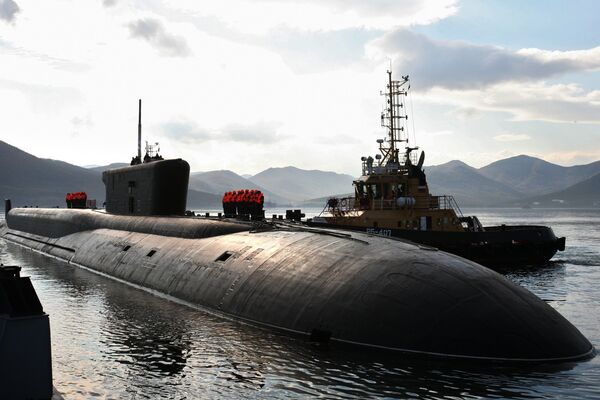
He recalled that since the Cold War, the Japan Maritime Self-Defense Force has always been focused on fighting Russian submarines in collaboration with the US Navy. Meanwhile, the Sea of Okhotsk, along with the Barents Sea, remain a base area for the Russian Navy's strategic missile submarines, which are one of the key elements of the Russian nuclear triad.
In the Kamchatka Peninsula in the Russian Far East, the largest nuclear submarine base is stationed in the town of Vilyuchinsk, Ilyashenko said, adding that in recent years, three new Borei-class missile submarines carrying Bulava intercontinental ballistic missiles had entered service with the Russian Navy.
"These weapons are designed to maintain the strategic balance between Russia and the United States amid Washington's efforts to create a global US missile defense system," he said.
He concluded by saying that it is these two pressing security issues that should be discussed in the context of creating an atmosphere of trust in Russian-Japanese relations instead of concentrating on the hypothetical topic of American bases in the South Kuril Islands.

